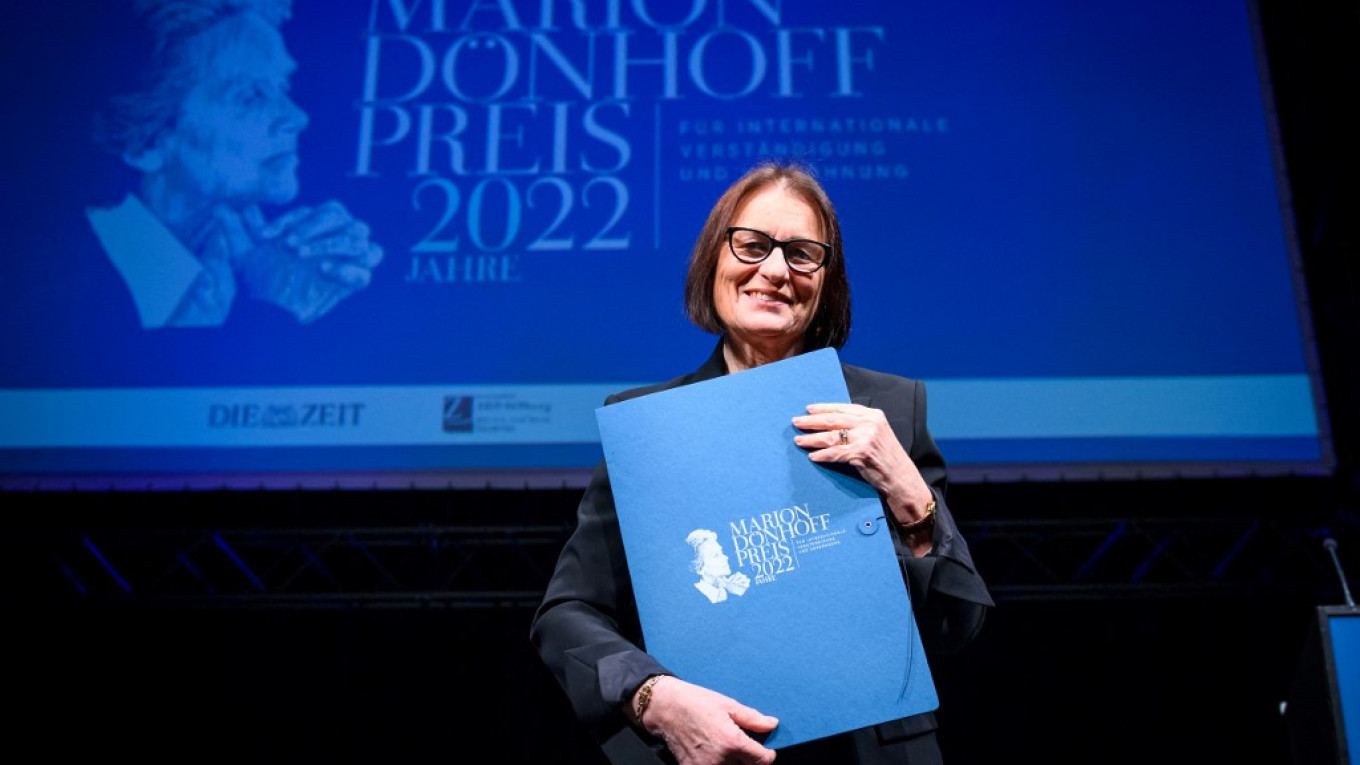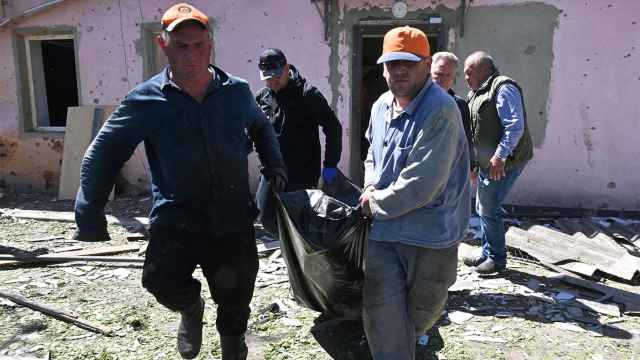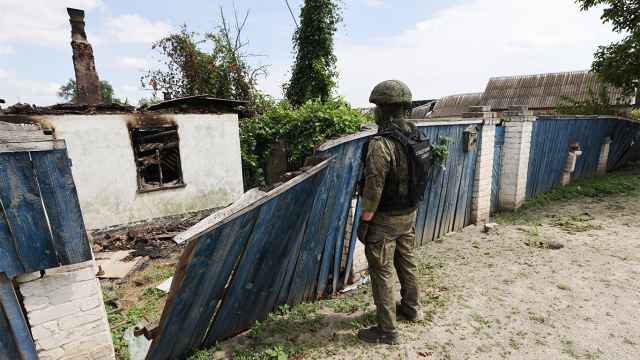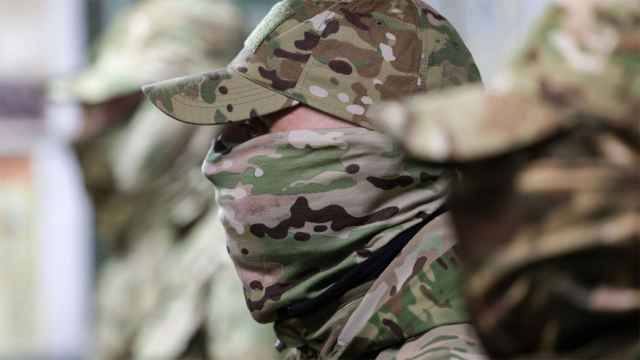There is currently no diplomatic solution to the war in Ukraine, a co-founder of the Nobel Peace Prize-winning Russian rights organization Memorial said Sunday.
"I am absolutely convinced that there is not a diplomatic solution with Putin's regime, so long as it is still there," said Irina Scherbakova.
"The solution that there will now be is a military one," said Scherbakova, who was presented with an award for her human rights work at a ceremony in Hamburg, Germany.
There would ultimately be some form of diplomatic resolution to the conflict, she said.
"But these decisions, this diplomacy will only happen when Ukraine believes it has won this war and can set its terms," she said.
Hasty calls for peace were "childish," she said, adding that things would not return to the way they were before the outbreak of the conflict.
"This war has turned so many things upside down, it will never be like that again," she said.
In Hamburg, Scherbakova was presented with the Marion Doenhoff Prize for her years of work on human rights in her home country by German Chancellor Olaf Scholz.
Scherbakova's efforts showed the way of a "better future for Russia," Scholz said, even if the prospect "still seems unlikely."
The war would not end with "a victory for Greater Russian expansionism," said Scholz, who has faced repeated criticism for not doing more to support the Ukrainian war effort.
Russia would, however, "still be there" after the end of the conflict, Scholz stressed.
Scherbakova's organization, Memorial, will be presented with the Nobel Peace Prize in Oslo on Saturday December 10.
Memorial was awarded the prize along with fellow campaigners the Centre for Civil Liberties in Ukraine and the Belarussian activist, Ales Bialiatski.
One of the foremost Russian civil liberties organizations, Memorial has worked for decades to shed light on terrors from the era of Soviet dictator Joseph Stalin, while also compiling information on ongoing political oppression in Russia.
The group, founded in 1989, was forcibly shut down by Russian courts at the end of 2021 and Scherbakova left Moscow following the invasion of Ukraine. She is now based in Germany.
A Message from The Moscow Times:
Dear readers,
We are facing unprecedented challenges. Russia's Prosecutor General's Office has designated The Moscow Times as an "undesirable" organization, criminalizing our work and putting our staff at risk of prosecution. This follows our earlier unjust labeling as a "foreign agent."
These actions are direct attempts to silence independent journalism in Russia. The authorities claim our work "discredits the decisions of the Russian leadership." We see things differently: we strive to provide accurate, unbiased reporting on Russia.
We, the journalists of The Moscow Times, refuse to be silenced. But to continue our work, we need your help.
Your support, no matter how small, makes a world of difference. If you can, please support us monthly starting from just $2. It's quick to set up, and every contribution makes a significant impact.
By supporting The Moscow Times, you're defending open, independent journalism in the face of repression. Thank you for standing with us.
Remind me later.






